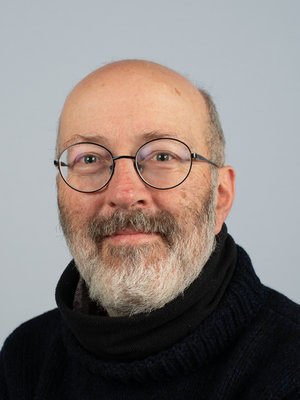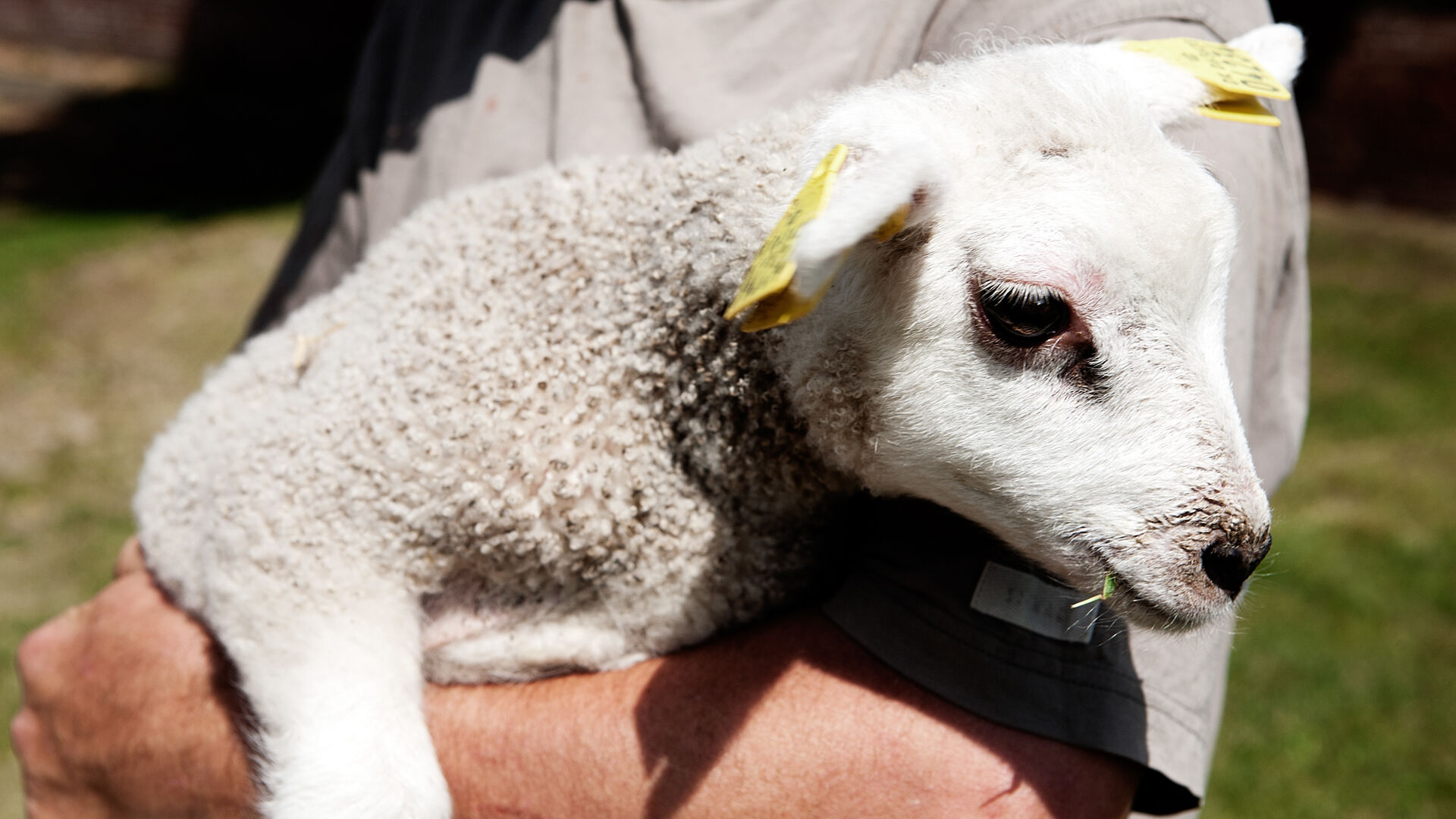The cheering was loud when it was announced that the application from INN University to the world's largest research and innovation programme, the EU's Horizon programme, had been approved.
More than NOK 56 million over three years. 20 partners from 13 countries in Europe.
And it will all be led from Innlandet by Professor John Linnell at the Faculty of Applied Ecology, Agricultural Sciences and Biotechnology.
– We are not going to find a magical solution to everything, but create an understanding of how difficult this topic of predators is across Europe, he tells inn.no.
A shared understanding of reality

It is the first time INN University has the lead role in such a large EU initiative.
And the topic is also large, difficult and controversial.
– We will look at the conflicts between predators and shepherds, farmers, livestock, hunters, conservationists and landowners. These are key conflicts not only in Norway but in many countries across Europe, explains John Linnell.
The main goal of the project is to work together with various parties to try to build a shared understanding of what we are facing, and to look at what measures can help in different settings.
– This is a highly disputed issue, but we will have a European perspective on what we are working with this time, says Linnell.
Among the 20 partners in the project, there is a mix of agricultural, social science and ecological competence.
– That way, we can exchange experiences among ourselves, says Linnell.
In addition to INN University, the Norwegian Institute for Nature Research (NINA) is participating from the Norwegian side.
Involving those close to the conflict
We know from what is happening in Norway that predators cause many challenges.
In addition to harm and deaths as a result of attacks on our livestock, this costs money and creates major social conflicts.
In order to figure out what may give us a basis for coexisting better with these predators in the future, those closest to the predators will be involved in this research project.

– The project's ambition is to collect quantitative data from at least 1,000 shepherds/livestock farmers, 1,000 hunters, and 1,000 landowners. We will also gather qualitative data from hundreds of other interested parties in the 12 participating countries, explains the university professor.
The findings will be compiled and integrated into a kind of roadmap that can suggest how we might coexist with predators.
– Hopefully, our findings will help reduce conflicts and ensure that livestock, farmers, hunters and landowners can coexist with our wildlife better than they do today. We are not going to solve all the world's problems, but perhaps lay a common foundation for a further process, concludes John Linnell.
11 of the 56 millions allocated by the EU will go directly to INN University.
The title of the research project is: 'Co-creating coexistence: Advancing policies, practices, and stakeholder engagement for integrating wildlife and livestock into sustainable multi-functional landscapes in Europe.'
Contact information:
- john.linnell@inn.no



